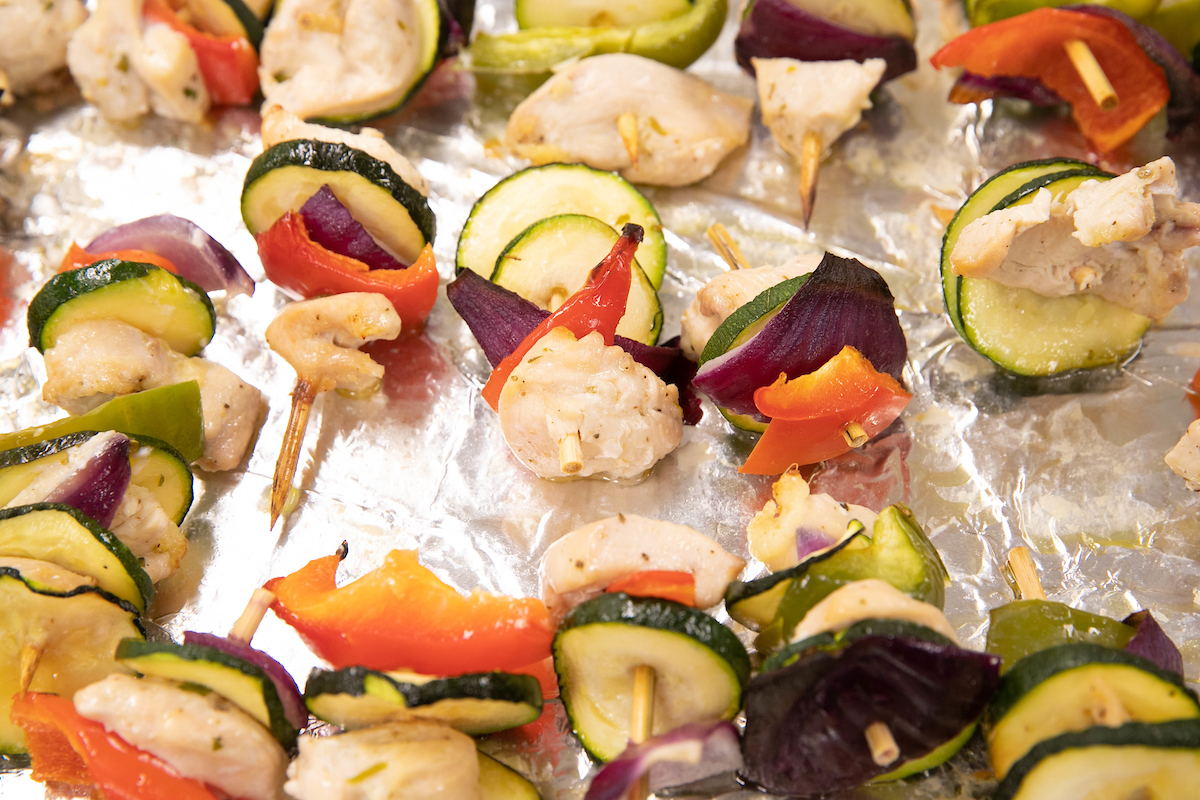A tale as old as time? The struggle of trying to eat healthy without spending your entire paycheck on a single grocery haul.
Dr. Amy Blansit, senior kinesiology instructor at Missouri State University, gives insight on how you can improve your budget and find healthier alternatives at your local supermarket.
Blansit begs the question, “How often have you sat down with a bag of apples and accidentally finished it in one sitting?”
It’s much more difficult to continue munching on nutritionally dense food in comparison to a bag of chips or even a two liter of soda.
The problem is that most snack foods have been chemically engineered to encourage non-stop eating.
Put the blinders on while shopping
People often become overwhelmed by trying to only buy what are considered healthy foods, Blansit notes.
This can result in a return to bad habits.
The key to maintaining a healthy diet and budget? Don’t put pressure on yourself to drastically change everything at once, Blansit recommends.
To start, she suggests thinking ahead and sticking to a pre-written list.
“Plan ahead! Pair the meals you want with ingredients you already have at home,” she said.
“Create a list of things you need. Try not to be tempted by the inner aisles of the grocery store, which tend to be bingeable snack foods.”
But what if you could avoid temptation altogether?
“We’re seeing an uptick in online or pickup grocery delivery services and that can be extremely beneficial for mindful shopping,” Blansit said. “This eliminates buying foods last-minute just because they look good and cost only a couple bucks. That adds up quickly.”
When you stick to your plan and prioritize nutrient-dense foods, you eat better and spend less.
Find fresh, frozen or canned foods
Blansit suggests switching to fresh foods and eliminating boxed food items. If that’s not affordable, the next best option is frozen, then canned.
“Our society tends to look at a meal as a hunk of meat, a baked potato and then maybe a small salad,” Blansit said. “When in actuality, one chicken breast can be split among four people. Couple it with beans, brown rice and other items.”
She recommends finding several nutritionally dense foods that fit within your budget to satiate pesky cravings:
- Nuts and seeds.
- Legumes.
- Whole grains.
- Leafy greens.
- Fruits and veggies.
You can help eliminate food waste
A happy side effect of planning out meals and only buying foods you need?
Considerably less food waste.
“Many people overbuy and cook a surplus of food that gets thrown away at the end of the meal,” Blansit said.
There is a stigma surrounding leftovers that we must work to dissolve, she added.
If we track the amount of food we buy and eat, it holds us accountable for the food that is wasted.
For those concerned with fresh foods going bad and being wasted, frozen is a fantastic alternative, Blansit said.
How to stretch a dollar
For people living on food stamps or paycheck to paycheck, “there are programs and options that highlight nutritionally dense foods,” Blansit said.
If you have the opportunity and funds to buy in bulk, then do so. Load your freezer every month with frozen proteins and plan accordingly with your meal schedule. This saves money as well as time, Blansit said.
Another option for eating well on a budget is to take advantage of the reduced prices included in a Sam’s Club or Costco membership.
While the annual fee might be pricier than some can afford, Blansit suggests splitting a membership with another family or more.
Putting a meal plan into action
“I sympathize with working parents who are stressed about not getting food on the table until 8 p.m., which they use as justification as they pull through the drive-through,” Blansit said.
“However, if they plan ahead, the meal could take less than 30 minutes to throw together.”
It’s important to have forward thinking, Blansit said. If you dedicate time to plan your meals, then you don’t have to worry about it later.
Stop what you’re doing and give yourself some time to look at your pantry and freezer.
Then follow three simple steps:
- Be aware of filler foods in your diet.
- Create a basic meal plan for the week and use that while grocery shopping.
- Be patient with yourself and keep doing your best.
“No one can achieve perfection instantly. Do the best you can and don’t be discouraged,” Blansit said. “What’s important is to be consistent with trying — that’s what will create better habits.”

